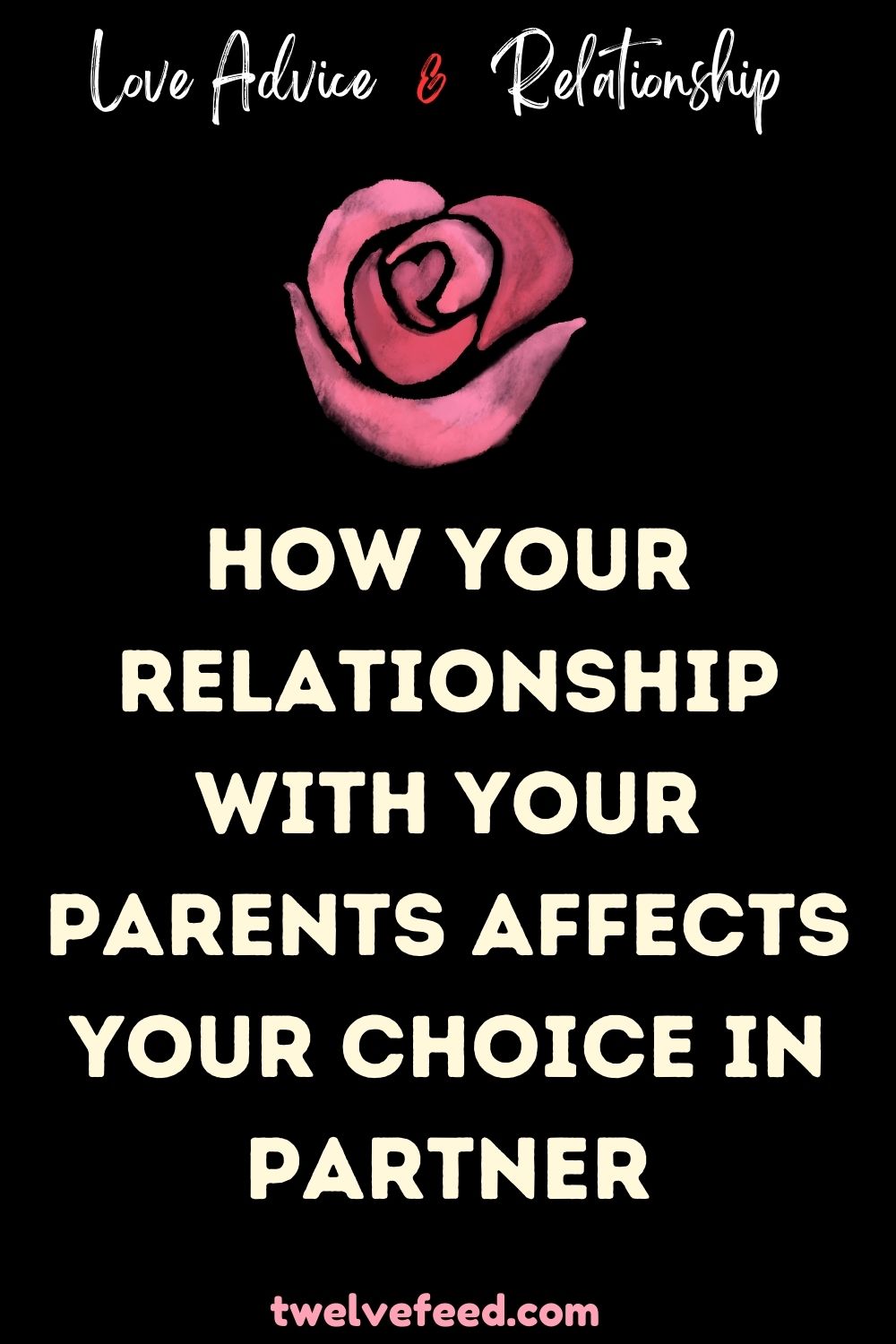
Relationships, whether romantic or platonic, play a significant role in shaping our lives. However, one aspect often overlooked is how our relationship with our parents influences our choice in a partner. The dynamics we experience in our formative years with our parents can profoundly impact the way we perceive, interact with, and choose our romantic partners. Understanding this connection is crucial for building healthy and fulfilling relationships.
The Role of Parental Influence
From a young age, our parents serve as primary role models, shaping our beliefs, values, and behaviors. Their approval or disapproval can heavily influence our partner preferences. For instance, individuals who received praise and support from their parents may seek partners who reflect similar qualities, while those who faced criticism may subconsciously gravitate towards partners who replicate familiar patterns.
Attachment Styles and Relationship Dynamics
Attachment theory suggests that our early relationships with caregivers influence our attachment styles in adulthood. Those who had secure attachments with their parents may seek partners who offer stability and support. Conversely, individuals with insecure attachment styles may struggle with intimacy and seek partners who replicate familiar patterns of rejection or neglect.
Seeking Familiarity
Humans are drawn to the familiar, even if it’s not always beneficial. Subconsciously, we may seek partners who resemble our parents, whether in appearance, personality traits, or behavioral patterns. This inclination stems from a desire for comfort and familiarity but can perpetuate unhealthy relationship dynamics if left unexamined.
Breaking Patterns
Breaking free from ingrained patterns requires self-awareness and introspection. Recognizing the influence of parental relationships on our partner choices is the first step towards breaking harmful cycles. Therapy, self-help resources, and open communication with partners can aid in challenging and redefining these patterns.
Communication and Conflict Resolution
Our parents serve as models for communication and conflict resolution. Individuals raised in households where open communication and healthy conflict resolution were prioritized may navigate relationship challenges more effectively. Conversely, those exposed to toxic communication patterns may struggle with conflict resolution in their own relationships.
Emotional Baggage
Unresolved issues from parent-child relationships can manifest as emotional baggage in adult partnerships. Trust issues, abandonment fears, and intimacy concerns are common consequences of childhood wounds. Healing from these experiences requires self-reflection, vulnerability, and sometimes professional support.
Cultural and Societal Influences
Cultural norms and societal expectations also shape partner preferences. Familial and societal pressure to adhere to certain standards or marry within specific cultural or social circles can influence partner selection. Balancing these external influences with personal desires is essential for authentic relationship choices.
Individual Autonomy vs. Parental Approval
Striking a balance between honoring parental values and asserting individual autonomy is a delicate dance. While parental approval may hold significance, prioritizing personal happiness and compatibility is paramount in partner selection. Ultimately, individuals must navigate the tension between familial expectations and personal fulfillment.
Impact on Long-Term Relationships
The dynamics established in our parental relationships often echo in our romantic partnerships. Unresolved issues from the past can resurface, impacting the sustainability of long-term relationships. Addressing these challenges head-on and fostering open communication are vital for building resilient connections.
Psychological Effects
The psychological toll of unresolved parental issues in partner selection cannot be understated. Anxiety, depression, and low self-esteem are common consequences of carrying emotional baggage into relationships. Seeking therapy and engaging in self-care practices can support healing and promote emotional well-being.
Personal Growth and Reflection
Every relationship, including those with our parents, offers opportunities for personal growth and reflection. Embracing vulnerability and self-awareness allows individuals to break free from destructive patterns and cultivate healthier connections with partners.
Overcoming Insecurities
Insecurities stemming from parental relationships can sabotage romantic partnerships if left unchecked. Building self-confidence, setting boundaries, and addressing underlying insecurities are essential steps in fostering healthy relationships.
Seeking Healthy Models
In addition to parental influences, seeking healthy relationship models outside of the family unit is crucial. Mentors, therapists, and supportive communities offer valuable guidance and perspective, helping individuals navigate the complexities of romantic relationships.





